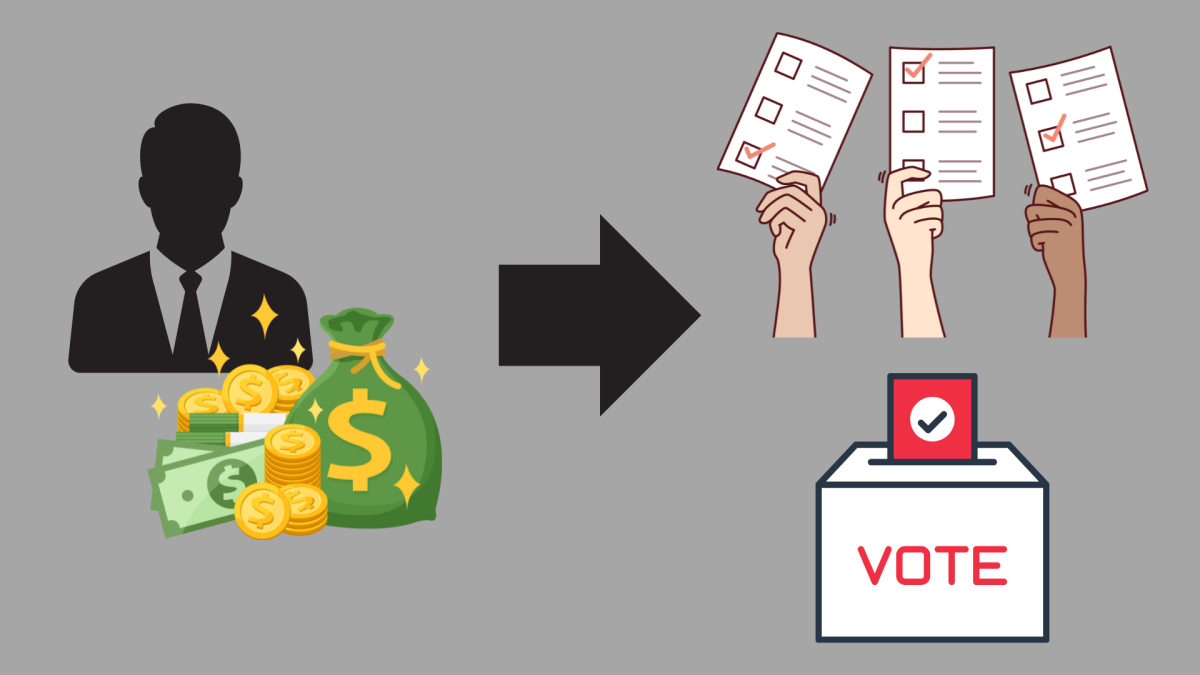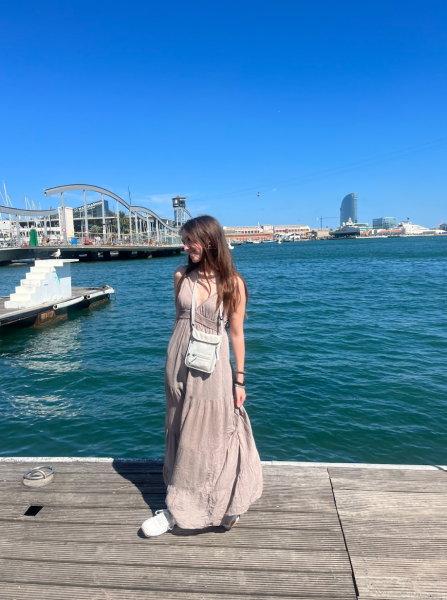In the weeks prior to the election, entrepreneur and businessman Elon Musk gave away $1 million a day to registered voters in swing states. As a result, district attorneys attempted to sue Musk for “an illegal lottery.”
Many people were under the belief the drawing was at random for registered voters who signed a petition in support of free speech and gun rights. On Monday, a Pennsylvania state judge determined Musk’s $1 million a day giveaway was able to proceed. Musk’s pro-Trump lawyers fought to persuade the judge the contest was not “an illegal lottery.”
The judge, district attorney Larry Kranser, stated the giveaway was designed to influence the upcoming national election. However, Musk’s lawyer Chris Gober stated, “The $1 million recipients are not chosen by chance…We know exactly who will be announced as the $1 million recipient today and tomorrow.”
Gober testified the recipients were chosen ahead of time to “feel out their personalities and make sure their values were aligned with the group.” The lawyers called the giveaway “core political speech,” because the recipients signed a petition endorsing the U.S. Constitution. Yet, the winners were all registered voters in favor of future president Donald J. Trump.
Musk’s aim was to register voters in support of Trump, who he has publicly endorsed multiple times. Law professor and legal scholar Rick Hasen had pointed to a law that prohibits paying people to vote or registering to vote. “Offering money to voters is an ethical and legal concern regarding incentivizing voters in swing states and it could mess with the whole idea of fair elections,” junior Shyann Cetanyan stated.
The petition was simply supporting the First and Second Amendments to the Constitution. However, to win the money, participants also had to be registered to vote. So, if they weren’t previously they would do so before signing the petition.
Only registered voters in swing states were able to sign the petition, which is in turn, what made it illegal. “And we could make the voting process more transparent to where people can freely cast their votes without any external pressure or influence,” senior Mahlaya Christy mentioned.
The election crimes manual states, “The bribe may be anything having monetary value, including cash, liquor, lottery chances, and welfare benefits such as food stamps.” However, providing transportation or paid leave to vote was not in violation of the law.
These supports are intended to make it easier for people to vote, not to induce them to vote. “We could increase monitoring during election periods to catch any potential illegal activities and Education campaigns could also help with informing voters about free and fair elections,” said Christy.
The distinction is clear: what Musk had done was running in murky waters. His actions were in complete violation of the manual and were not used for assisting people in voting but instead inducing them to do so.









